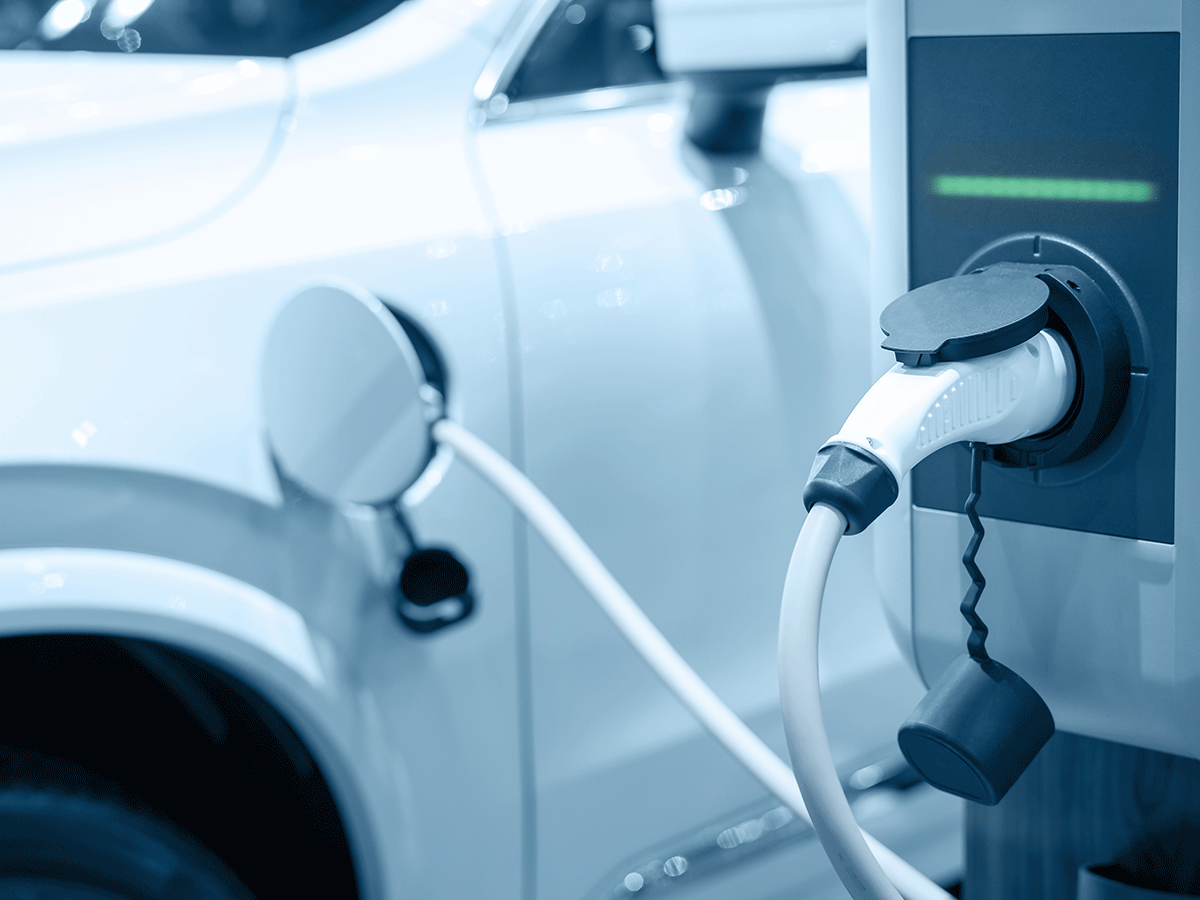
Pune: E-mobility experts advised caution and stricter testing of electric vehicle (EV) batteries on Tuesday, a day after seven e-bikes were gutted in a fire triggered by suspected battery overheating at a showroom on Kondhwa-Bibvewadi Road on Monday evening.
Thermal runaway situations, which involve short-circuiting of battery cells leading to an uncontrollable generation of heat, have been reported in a number of fire incidents in e-vehicles in recent months, the experts said.
In the instant case, the e-bike manufacturer is based in New Delhi and claims on its website to have a factory at Thrissur in Kerala. The company did not respond to multiple emails and phone calls made by the TOI correspondent. A spokesperson of the firm, when contacted, said he was not authorised to speak on the issue.
Industry experts said the Bureau of Indian Standards (BIS) has come up with standards to improve the testing regimen of batteries in various conditions.
Rahul Walawalkar, president of the battery manufacturers’ alliance India Energy Storage Alliance (IESA), said in a recent interview that more work needed to be done by agencies, such as BIS, or the Automotive Research Association of India (Arai) with regard to battery management systems. Besides, more active enforcement was required regarding the testing of battery packs and e-vehicles, he had said.
Others also stressed the importance of having proper charging stations to charge vehicles and their batteries. “An EV is not meant to be charged using a regular 15 A socket or even a smart socket, since they do not guarantee any safety for the EV or its user. Apart from a longer time to charge an EV, smart sockets lack efficiency of power. The downside of risking operating this in high power and high temperature would lead to an elevated possibility of a thermal runaway, which is why we highly recommend opting for a charging station instead,” said Dheeman Kadam, co-founder of the EV charging network provider GoEgo.